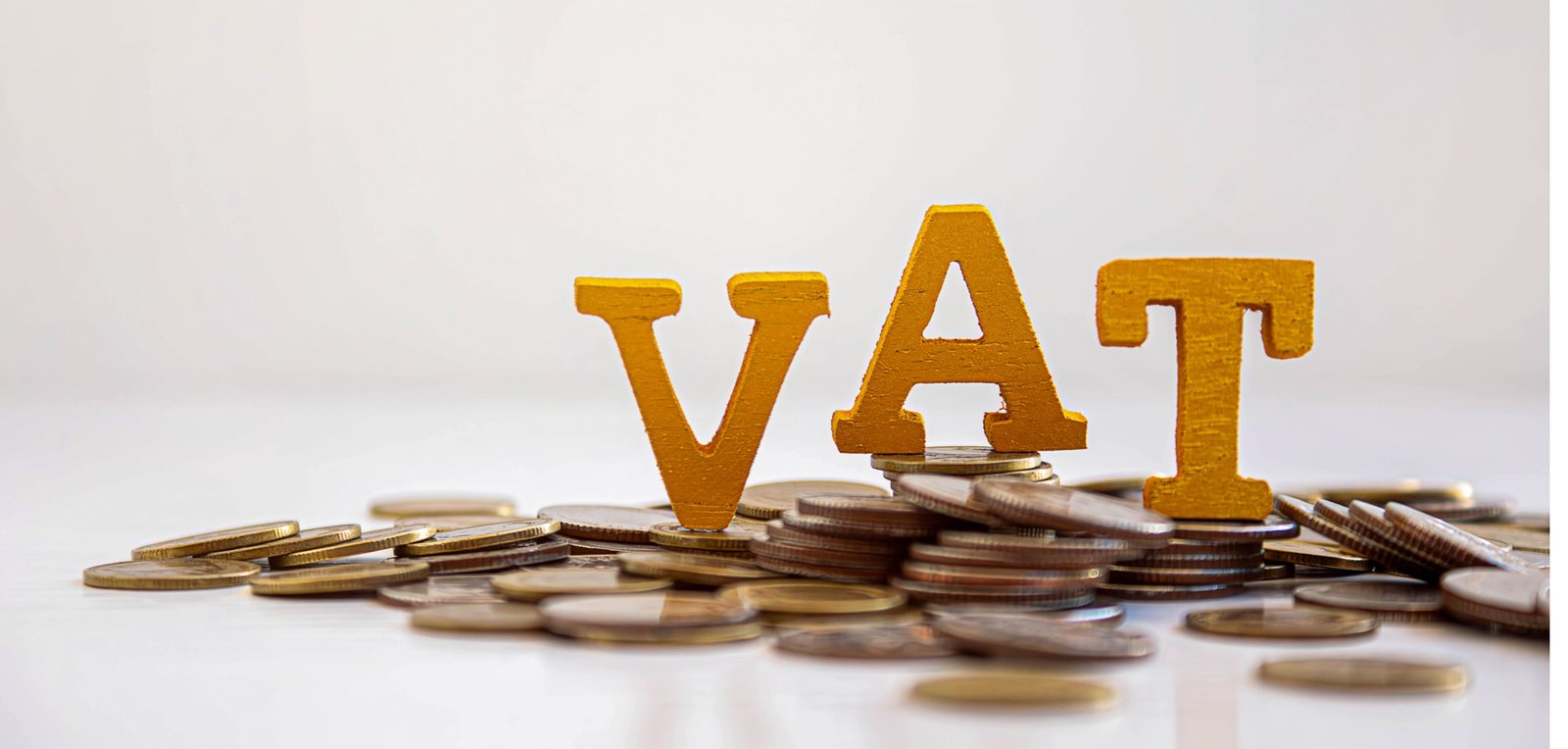No products in the cart.
Have you ever wondered whether VAT is added to the price of your train ticket? With many goods and services in the UK subject to VAT, it’s reasonable to ask: is there VAT on rail tickets? Understanding how VAT applies to rail travel can help you better comprehend the pricing structure of your journey. So, let’s delve into this topic and find out if you’re paying VAT when you purchase a train ticket in the UK.
What Is VAT?
First, it’s important to know what VAT is. VAT, or Value Added Tax, is a type of tax that is added to many goods and services in the UK. It is charged as a percentage of the price and usually passed on to consumers. Businesses that sell goods or services are responsible for collecting this tax and paying it to HM Revenue & Customs (HMRC).
However, not every good or service is subject to VAT. There are several categories, such as standard-rated (20%), reduced-rated (5%), and zero-rated (0%). Additionally, some goods and services are entirely exempt from VAT.

Is There VAT on Rail Tickets in the UK?
In the UK, there is no VAT on rail tickets. Train travel is classified as a zero-rated service, meaning that it is exempt from VAT. Therefore, when you purchase a rail ticket, you are not paying any VAT on top of the price of your ticket. This zero-rating applies to all types of train travel, including local, regional, and national services.
Because of this, train operators in the UK do not add VAT to the price of your fare. This is unlike some other forms of travel, where VAT may be applied at a reduced or standard rate. For example, air travel and certain bus services may have different tax rules, but rail travel remains zero-rated.
Why Is Rail Travel Zero-Rated for VAT?
The decision to zero-rate rail travel for VAT purposes stems from the government’s aim to keep public transport affordable and accessible. By not applying VAT, the cost of travel remains relatively lower for passengers. This encourages people to choose trains over other forms of transport, which can help reduce road congestion and lower carbon emissions.
Moreover, the UK government has recognised the importance of public transport in connecting communities and supporting economic growth. Keeping the cost down by exempting rail tickets from VAT helps maintain the affordability of this essential service.
How Does Zero-Rating Affect Train Fares?
While it may seem that not paying VAT automatically makes train tickets cheaper, this does not mean that ticket prices are always low. Train fares in the UK can still be high due to other factors, such as operational costs, government policies, and market demand. The absence of VAT simply means that no additional tax is included in the final price of your ticket.
As a result, when you see the price of a train ticket, that is the total amount you’ll pay. There won’t be any extra tax added at checkout, unlike when you purchase goods where VAT is applied.

The Benefits of Zero-Rating Rail Travel
There are a few key benefits to keeping rail tickets VAT-free. These benefits underline why it is important for the UK to continue exempting rail tickets from VAT. Some of these include:
- Lower Overall Costs: Since there is no VAT, passengers benefit from slightly lower ticket prices compared to if VAT were charged. This makes rail travel a more attractive option for everyday commuting and longer trips alike.
- Encourages Public Transport Use: By keeping prices more affordable, more people are encouraged to use trains instead of cars. This not only helps reduce traffic on roads but also contributes to environmental goals by lowering pollution levels.
- Economic Impact: Keeping rail travel VAT-free helps maintain a steady flow of passengers, which supports jobs and economic activity across the rail industry.
What Are Other VAT Rules for Transport in the UK?
It’s worth noting that while there is no VAT on rail tickets, other forms of transport have different tax rules. Here’s a breakdown of VAT on other types of travel in the UK:
- Air Travel: Domestic flights within the UK are subject to VAT at the standard rate of 20%. However, international flights are generally VAT-exempt.
- Bus and Coach Travel: Like rail travel, local bus services are zero-rated for VAT. However, long-distance coach travel may be subject to VAT in some cases.
- Taxi Services: Taxis are typically subject to VAT, though some smaller taxi operators may fall below the VAT registration threshold and, therefore, not charge VAT.
- Ferry Travel: Ferry services between the UK and other countries are usually VAT-exempt, but domestic ferry services may be subject to VAT.
Thus, the way VAT is applied varies greatly depending on the type of transport.
How Does VAT on Rail Tickets Compare to Other Countries?
While the UK exempts rail travel from VAT, this is not the case in every country. For example:
- Germany: VAT is charged on rail travel at a reduced rate of 7%. However, long-distance train tickets (over 50 km) are taxed at the standard rate of 19%.
- France: Rail tickets are subject to VAT at a reduced rate of 10%.
- Italy: Rail travel is also taxed, with a reduced VAT rate of 10% applied to most train tickets.
As you can see, many European countries apply some level of VAT to rail travel, though often at a reduced rate. The UK’s decision to zero-rate rail travel makes it unique in comparison to its European neighbours.
Conclusion: Is There VAT on Rail Tickets?
So, is there VAT on rail tickets? The answer is no, there is no VAT on rail tickets in the UK. Rail travel is zero-rated, meaning passengers are not charged any additional tax when they purchase a train ticket. This policy helps keep rail fares more affordable and supports the use of public transport.
While train fares can still be high due to other factors, passengers can be assured that VAT is not one of the contributing costs. Therefore, the next time you book a train journey, you can travel knowing that the price you see is the full price you’ll pay, without any VAT added.
By maintaining zero-rated VAT on rail travel, the UK government continues to support public transport as a viable, cost-effective option for millions of passengers across the country.



